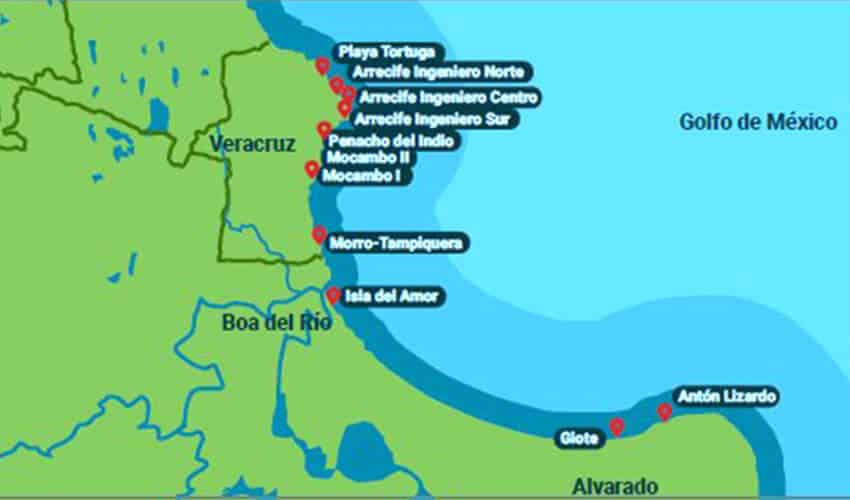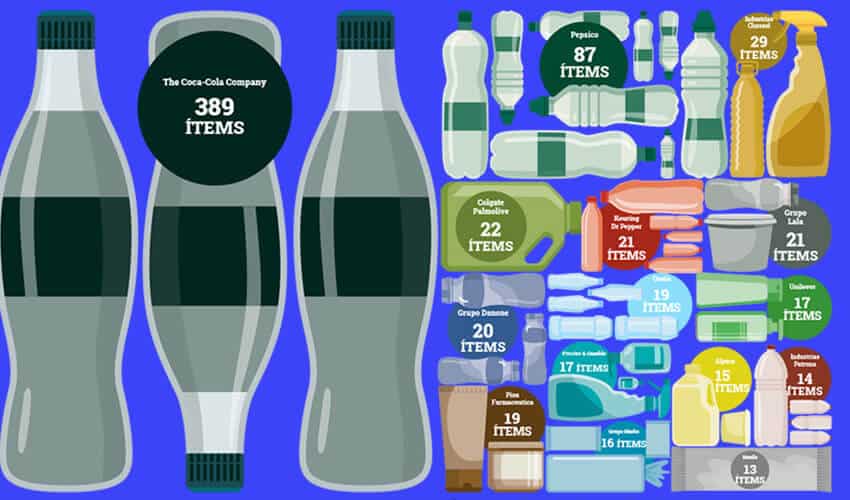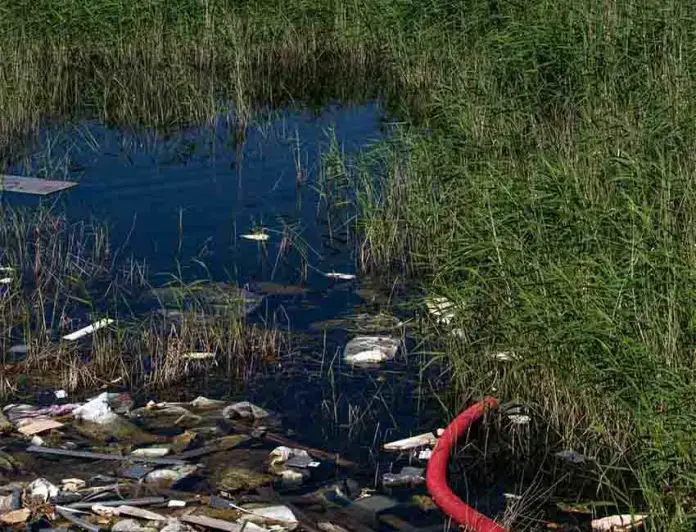Plastic pollution is a significant problem in Veracruz: a study by Greenpeace México and the Technological Institute of Veracruz counted over 4,000 pieces of plastic litter in a relatively small area of the Gulf coast state.
The environmental organization and the higher education institute presented on Wednesday a report entitled Amenaza plástica: un problema en las costas veracruzanas (Plastic Threat: a Problem on the Veracruz coast).
It’s based on a plastic litter census carried out on 11 beaches in the Boca del Río-Alvarado urban area, on islands and in lagoons of the Veracruz Reef System National Park and in the lower parts of the Jamapa and Cotaxtla rivers.
Researchers counted a total of 4,344 pieces of plastic litter in the area studied, most of which were fragments of unidentifiable plastic and polystyrene, the report said. PET bottles and their lids were the second most commonly found plastic items, while plastic bags and plastic packaging were among the other items of litter located.

Only 25% of the pieces of litter collected were identifiable in terms of the company that made them. Of 1,104 items whose manufacturer was established, 389, or 35%, were made by The Coca-Cola Company, a figure much higher than that of any other company. Researchers found 87 PepsiCo plastic items, making that company the second biggest indirect litterer.
Jacobo Santander Monsalvo, one of the report’s authors, said that minute pieces of plastic – “microplastics and even nanoplastics” – that have broken off larger items are the most dangerous to humans and animals.
“These small fragments are the least visible and those that cause more damage to biodiversity and human beings,” he said.
“There is scientific evidence that micro and nano plastics are increasingly being incorporated into the tissues and organs of living organisms and they’re also present in the water and air. While more studies about the effects of plastic on human health and biodiversity must be done, the potential impacts are present and that’s why taking urgent measures to stop this problem is necessary.”

Ornela Garelli, a Greenpeace campaigner and one the study’s coordinators, said that plastic pollution isn’t just a problem of inadequate waste management, but also one of production and mass consumption of disposable plastics. “To solve this problem at its root, companies must leave behind single-use plastics and move toward … distribution of products [whose packaging] is reusable,” she said.
The report focused on a study in Veracruz, but Greenpeace said it is indicative of a problem across Mexico. The organization called on federal lawmakers to “substantially modify” the General Law for the Prevention and Comprehensive Management of Waste, which Congress approved last year, in order to “achieve real changes to protect our catchment areas, rivers and seas.”
Greenpeace said that companies need to be more responsible for the plastic products and packaging they make and asserted that the definition of single-use plastics must be changed, among other measures aimed at reducing plastic pollution.
“Regulating correctly is the first step to changing corporate responsibility and creating more rigid obligations and sanctions, to transforming the culture of consumption … and improving the waste management systems in the country’s cities,” it said.
“The throwaway culture must be left behind – our planet needs systematic changes and … moving toward reuse and refill is essential.”
Mexico News Daily
